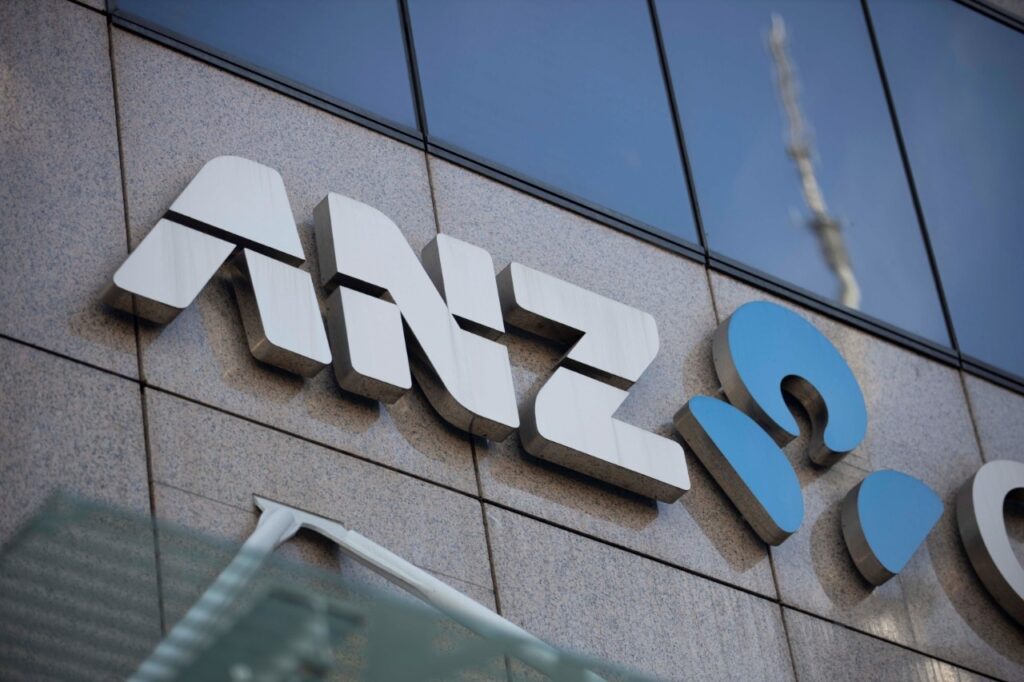
Chainlink has introduced a new feature called CCIP, which stands for Cross Chain Interoperability Protocol.
CCIP is a protocol that allows different blockchains to communicate with each other. It helps developers create secure applications that can transfer tokens and data across various blockchain networks. This is important because many financial systems depend on smooth communication between different platforms.
The Launch Announcement
Recently, Chainlink announced,
“We’re excited to announce CCIP Private Transactions, enabling financial institutions to connect private blockchains to the multi-chain economy”.
Australia and New Zealand Banking Group (ANZ) will be among the first financial institutions to pilot the capability for cross-chain settlement of tokenized real world assets (RWAs) under the Monetary Authority of Singapore (MAS) Project Guardian initiative.
Enhancing Privacy and Compliance
One of the main features of CCIP is its focus on privacy and compliance. Financial institutions can connect their private blockchains to the wider blockchain sector without losing confidentiality. This means that sensitive information can be shared securely while also meeting regulatory requirements.
This is crucial for banks and financial services that need to protect their customers’ data while still participating in a more extensive network. It ensures that transactions remain private, making it easier for institutions to adopt blockchain technology.
Improving Interoperability
It also enhance interoperability, which means it allows different blockchain systems to work together more effectively. By enhancing Chainlink’s existing interoperability features, Which enables easier cross chain asset transfers and integrations between different systems.
This is particularly important as the number of blockchain networks continues to grow. With CCIP, developers can create applications that utilize the strengths of various blockchains, providing users with better services and options.
First Movers in the Field
With ANZ piloting CCIP under MAS’s Project Guardian, Chainlink is taking major strides toward the tokenization of real world assets. This initiative shows how traditional banking institutions are adopting blockchain technology. The project aims to bring tokenized RWAs into mainstream finance, potentially changing how assets are managed and traded.
Technical Innovations of CCIP
CCIP employs advanced technologies to ensure secure and efficient operations. It uses an on chain end to end encryption protocol along with private chain RPC filtering. This technical setup enhances the security and privacy of transactions, making it safer for users.
Chainlink has also established a collaborative effort with eight market participants and three blockchain network. This initiative aims to validate a new architecture that can effectively handle challenges in cross chain communication.
Managing Data Efficiently
One of the main aspects of CCIP is its ability to convert unstructured data from corporate actions into structured and machine readable formats. This is done using a consensus based approach, where a Chainlink oracle network connects to multiple independent large language models (LLMs). This helps to reduce errors and ensure the data is accurate and reliable.
By publishing the outputs onto both private and public chains, CCIP enhances data accessibility. It synchronizes information across different networks to maintain consistency, which is vital for any financial operation that relies on accurate data.
The Importance of Blockchain Interoperability
Blockchain interoperability protocols, like CCIP, are essential for the development of Web3 and traditional systems. They allow for smooth interaction between different blockchains, making it easier for developers to create applications that serve a broader audience.
Without interoperability, each system would need separate implementations for every cross chain interaction, which can be resource intensive and complicated. CCIP simplifies this process, allowing users to transfer assets and information across multiple blockchains smoothly.
Developers and Users Benefits
For developers, CCIP opens up new possibilities. They can build cross chain applications that leverage the strengths of different blockchain platforms. This collaboration among various sectors can lead to innovative solutions and enhanced user experiences.
- Cross chain lending: Users can lend and borrow assets across multiple DeFi platforms.
- Cost effective transactions: CCIP helps reduce transaction costs by optimizing where transactions are computed.
- Maximized yields: Users can move collateral across chains to take advantage of better yield opportunities.
- New decentralized applications (dApps): CCIP allows developers to create applications that utilize resources from multiple chains, leading to improved features and functionality.
Conclusion
As Chainlink’s launch of CCIP is a notable development in blockchain technology. By enabling secure connections between private blockchains and the broader ecosystem, CCIP made new opportunities for financial institutions and developers alike. With CCIP, decentralized finance may see new solutions and advancements in the future.
Also Read : FED Neel Kashkari Says”Bitcoin Remains Worthless After 12 Years”








